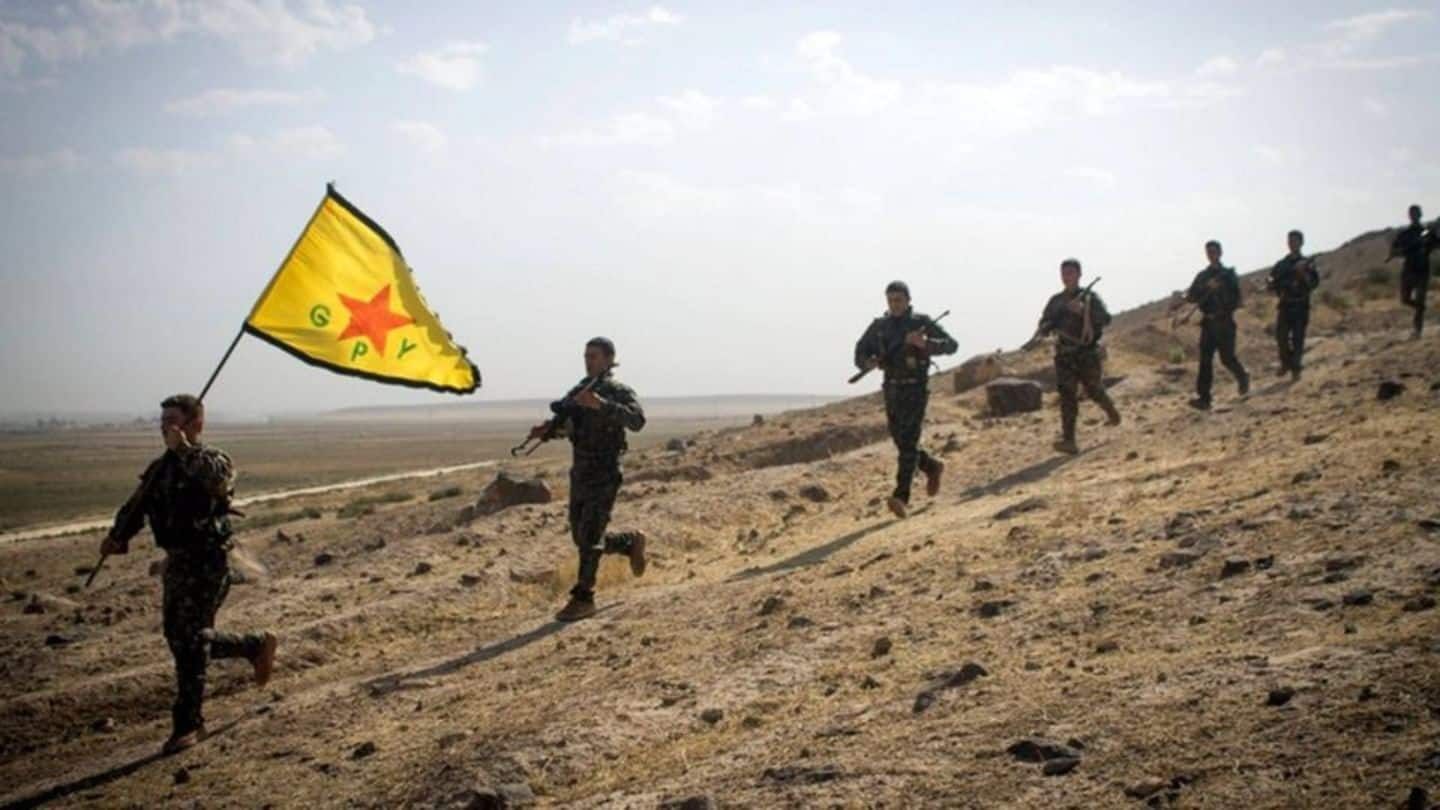
Kurdistan referendum: Iraqi Kurds overwhelmingly back independence
What's the story
The Kurdish community in Northern Iraq signaled its overwhelming desire for an independent Kurdistan, in a controversial referendum held this week. The referendum was held despite the vehement opposition from Baghdad and the international community. According to the electoral commission, 92% out of 3.3 million voters were in favor of creating an independent Kurdistan. What could happen now? Read on to find out.
History
Kurdistan: A short history
The Kurds, the fourth largest ethnic group in the region, have been on a centuries-long quest for an independent state. They now have an autonomous province in Iraq with separate institutions, including Parliament. They have expanded their territory to surrounding oil-rich areas. In 2014, when ISIS expanded rapidly in Iraq, the Kurds took control of Kirkuk, a region claimed by the Iraqi central government.
About
What was the referendum about?
The referendum was held in the three provinces within Kurdistan and "areas outside of it administered by Kurdistan." Voters were asked to answer "do you want the Kurdistan region and the Kurdistani areas outside the region's administration to become independent?" The electoral commission recorded a 72.61% turnout. It revealed that 2,861,000 people voted "yes" and 224,000 voted "no."
Information
Why are Iraq and the others opposed to the referendum?
The Iraqi government and most of the international community, save for Israel and Russia, have been opposed to the referendum. This raises concerns about the potentially destabilizing effect the Kurdistan independence referendum will have on the joint battle against ISIS.
Details
Iraq takes action against Kurdistan
Addressing Parliament before the results were announced, Iraqi PM Haider al-Abadi conveyed his refusal to engage in a dialogue with the Kurdistan government. In reaction to the results, Baghdad has threatened Kurdistan with an air and land blockade. Some Iraqi leaders have called for the use of military force. Abadi has ruled it out, for now, saying "we don't want a fight within Iraqis."
Conclusion
What next?
Masoud Barzani, Kurdistan's de facto president stated that the referendum does not immediately lead to sovereignty. Instead, it lays down the groundwork for negotiations with Baghdad. With broader international involvement, Kurdistan could go on to become an independent state. It is also possible that the referendum might trigger similar movements in neighboring countries having a substantial Kurdish population, including Turkey, Iran, and Syria.